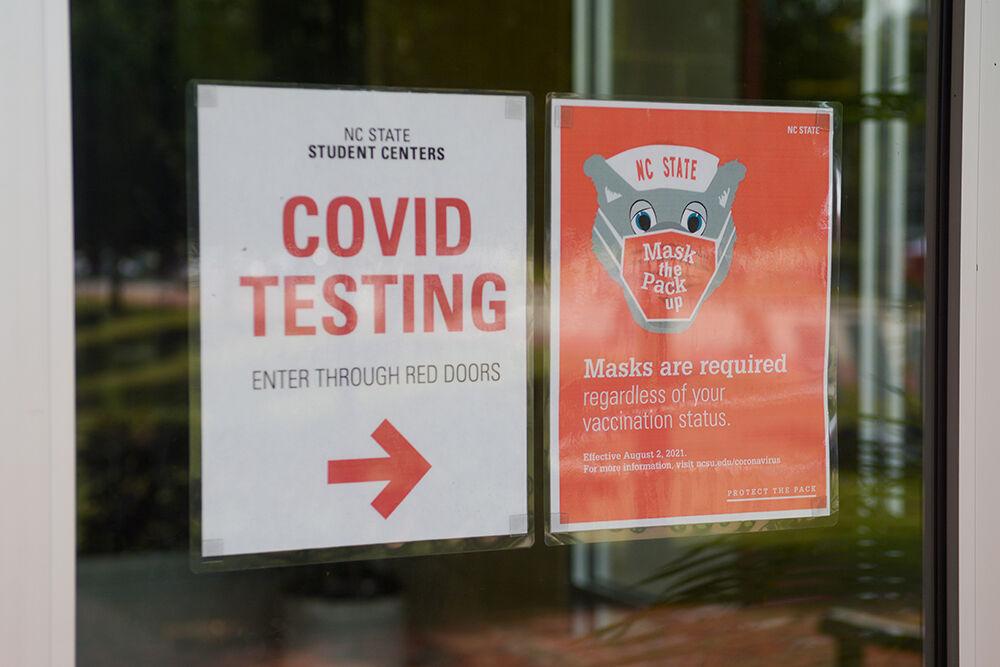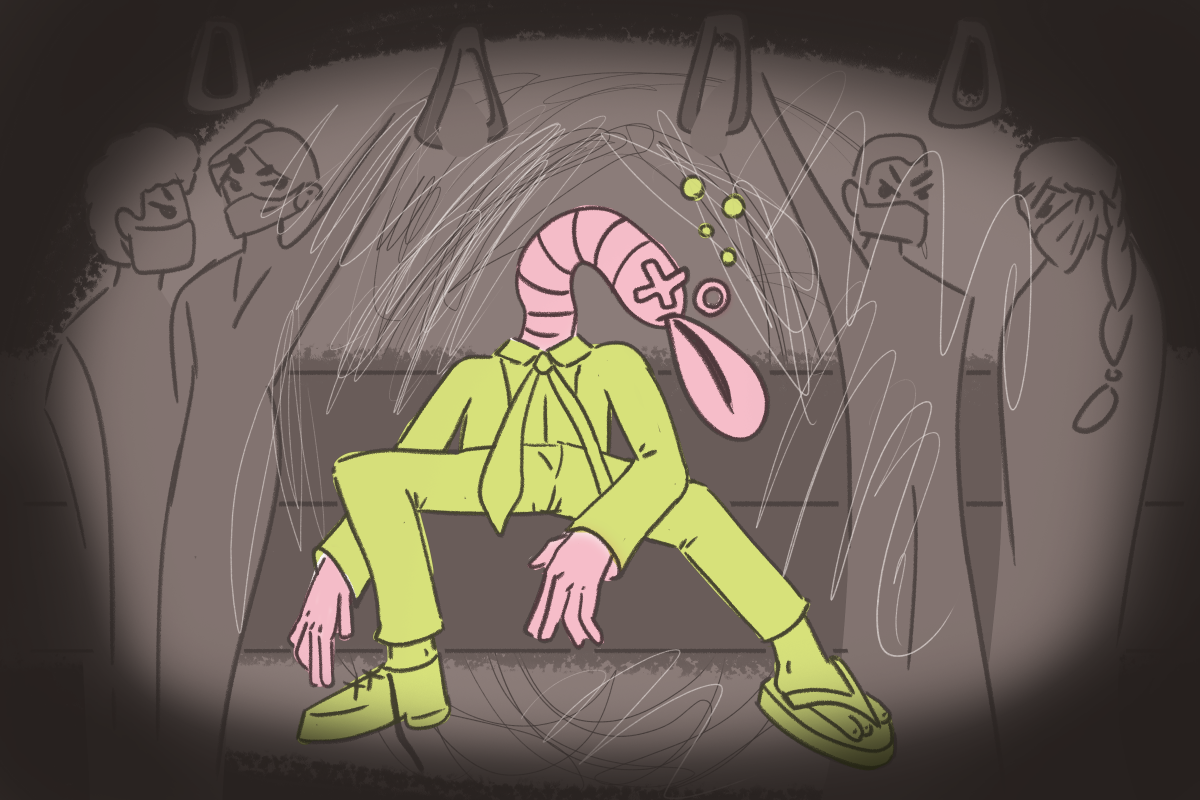On March 11, NC State Chancellor Randy Woodson officially ordered all departments to transition to an online curriculum in an attempt to decrease large gatherings during the coronavirus outbreak. With NC State extending spring break in order to provide instructors time, many of these professors face the challenge of adapting what once were physical courses to online formats.
Josie Torres Barth, assistant teaching professor of film studies, discussed the experience of switching a film studies course to online-only.
“The big challenge is keeping that back-and-forth conversation between instructor and student natural,” Barth said. “In online settings, you don’t have the in-person cues that dictate who wants to talk and how not to talk over people. Zoom has functions, such as the chat feature, which encourage students to speak out and participate in a different way than out loud, but it’s going to be a feature many of us are new in and will have to try out as the semester goes.”
According to Barth, each department has had the freedom to independently create new curriculums in order to accommodate the variety of class styles and structures. Professors are often collaborating and communicating with each other on transferring planned lectures, class activities and participation to an online format. Each department head is in charge of giving guidance on how to transfer courses online, alongside providing the final review to updated syllabi before professors formally contact students.
Peter Askim, assistant teaching professor and director of orchestral studies, talked about the challenges of switching over to online courses, emphasizing the hurdle that community-led classes such as ensembles face.
“Technology isn’t there yet to make music in real time for symphonies,” Askim said. “So we’ve had to try to find methods to provide an alternate means of continuing. I’m going to be holding meetings digitally with the orchestra, having them in a sort of town-hall style in order to keep the aspect of community that classes have to compromise during the switch to online courses.”
According to Askim, professors in the Department of Music are using websites such as Zoom to host interactive meetings to discuss music and check the progress of musicians. With both premiere concerts canceled for the NC State/Raleigh Civic Symphony and the NC State/Raleigh Civic Chamber Orchestra, Askim arranged for a digital guest class by their respective composers, Tift Merritt and Allison Loggins-Hull.
Access to course materials is also a concern for professors switching over to online courses. Askim said aside from the prominent worry about students having access to online courses, many will have to address the lack of access to special course equipment, such as instruments.
“I know that the music department has been doing a lot of work to make sure that Price Music Center is open,” Askim said. “With many instruments having been in lockers during spring break, they’ve worked really hard to make a flexible schedule so that students can come in and get their instruments to bring them back home with them if possible.”
Copyright has also been an issue for many professors transferring material online. Barth discussed the difficulties of adapting film material online and adhering to copyright laws.
“The big challenge for film courses is giving students accessible material while abiding by copyright law,” Barth said. “With film, you have to make it so that you can only provide streaming access, and that’s not something that’s very easy to do. So many instructors, in response, are changing the films in their syllabi for more accessible ones found on streaming services online.”
Askim mentioned various methods distributors are using to provide access to media.
“There’s a lot of individuals and groups that are making their performances free in response to the coronavirus,” Askim said. “Places like the Metropolitan Opera and the Berlin Philharmonic have made a lot of their content free, and we can use their material to continue the class.”
Both professors said it was important to stay positive under the transition to depersonalized settings in order to combat the coronavirus outbreak.













